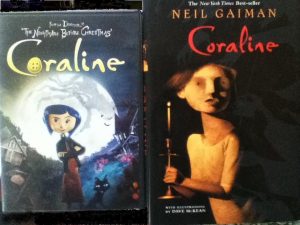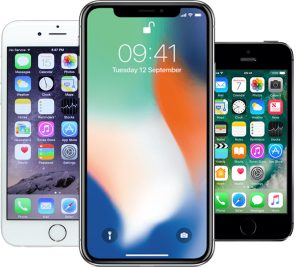Removing the Q in LGBTQ
November 14, 2019
LGBTQ+ is the most commonly accepted acronym for a community of people with sexualities that differ from heterosexual (straight) or gender identities differing from cisgender (one’s natural-born gender). The umbrella term stands for Lesbian, Gay, Bisexual, Transgender, and Q*eer, as well as a plus for extra wiggle room.
Q*eer, by definition, means “strange” or “peculiar.” According to the Oxford English Dictionary, one of the first documented uses of the word in a derogatory fashion dates back to the late 19th century. Q*eer continued its use as a slur until the 1980s, when it was reclaimed by LGBT activists in the spirit of gay pride and the AIDS epidemic.
Today, during the modern political era, it is now regarded as a seemingly harmless term. But the newfound usage of q*eer has brought on differing opinions from many LGBT individuals who don’t want to reclaim it, and as a result, q*eer should not be included in the acronym.
In order for the coexistence of the LGBT community in a heteronormative society to be fully realized, the acronym should not include a term that, by definition, means to be unnormal. Back in June, HBO Vice News held a debate with many LGBT individuals, with one of their discussion topics being the use of the word. “If we’re trying to get to a place where we normalize our community, I don’t think labelling us as weird is the right way to go,” argues Blaire White, a political commentator who medically transitioned from male to female when she was twenty years old.
“Due to past trauma, I neglect using the word and I dislike it being said in my presence,” freshman Dominic Parsons says. As a bisexual male, he is strongly against being described as q*eer, and believes that the inclusion of the word would be inconsiderate. “I strongly dislike that it has been adopted into the LGBT acronym,” he continues, “because not everyone has reclaimed this slur and it can be uncomfortable for many to be described with it.”
Parsons, while loathsome of the term and uncomfortable with its use, doesn’t have much of a problem with LGBT individuals using it to describe themselves specifically. “If you personally are okay with the word q*eer, that is perfectly fine. Just be mindful of people who don’t want to reclaim the slur. It’s all about consideration,” Parsons concludes.








